Interview with Jennie Helderman: 'The first publisher I queried bought the book'
 Jennie Helderman broke the glass ceiling at age ten by becoming the first girl page in the Alabama State Legislature. That surge of girl power wouldn’t be the last time she saw a need to put women’s issues at the forefront. Years later, after she helped set up a crisis-call center in an old house, a cry for help at the other end of the phone line resounded in her head. That call was the catalyst; eventually, the empty bedrooms upstairs served as the community’s first shelter for victims of domestic abuse.
Jennie Helderman broke the glass ceiling at age ten by becoming the first girl page in the Alabama State Legislature. That surge of girl power wouldn’t be the last time she saw a need to put women’s issues at the forefront. Years later, after she helped set up a crisis-call center in an old house, a cry for help at the other end of the phone line resounded in her head. That call was the catalyst; eventually, the empty bedrooms upstairs served as the community’s first shelter for victims of domestic abuse.From there, Helderman began work with women’s issues and leadership, community development, public relations and communications, beginning in Gadsden, Alabama, and reaching to national levels. She has championed women’s and children’s issues and worked with child abuse victims. From 2000 until her term expired in 2006, she presided over the six-member board of the Alabama Department of Human Resources, which serves 520,000 clients each month and oversees all family abuse issues in the state.
A 2007 Pushcart Prize nominee, Helderman coauthored two nonfiction books, Christmas Trivia and Hanukkah Trivia and writes profiles for magazines. Previously she chaired the editorial board of the 120,000 circulation alumnae magazine of Kappa Kappa Gamma, The Key.
Helderman is married to a retired newspaper publisher; is the mother of two and grandmother of three; and has recently moved from Alabama to Atlanta. Her website address is www.jenniehelderman.com.
Her latest book is As the Sycamore Grows.
Q: Welcome to The Writer's Life, Jennie. Can we start out by telling us whether you are published for the first time or are you multi-published?
Multi-published. I like that word. As the Sycamore Grows is my third book. Several of my short stories have been published, as have maybe a hundred or so magazine articles. Plus some newspaper articles.
Q: What was the name of your very first book regardless of whether it was published or not and, if not published, why?
Christmas Trivia, a nonfiction novelty book I co-authored in 1997.
Q: For your first published book, how many rejections did you go through before you either found a mainstream publisher, self-published it, or paid a vanity press to publish it?
I had a fairy tale experience---the first publisher I queried bought the book.
Q: How did the rejections make you feel and what did you do to overcome the blows?
I knew how rejections could sting. I had a drawer full from other works---still do. I’ve learned to expect rejections. That way, I’m not disappointed when they come. If a rejection offers a critique, I consider what it says, then drop it into the drawer. When I get enough, I’m going to wallpaper my office with them.
Q: When your first book was published, who published it and why did you choose them?
Crane Hill, a small but established publishing company in Birmingham, Alabama, published my first two books. I had met a publisher at a writers’ conference who suggested Crane Hill as a fit, and they were at first.
Q: How did it make you feel to become published for the first time and how did you celebrate?
I could rest my chin on the clouds, I was so thrilled. We celebrated with dinner at the only white table cloth restaurant in our town. My husband gave me a framed picture of the catalog page listing the book for my office. Later the publisher changed the book’s cover, so that picture is really one of a kind.
Q: What was the first thing you did as for as promotion when you were published for the first time?
I chased all over Birmingham, Alabama, from sun-up television to the noontime hour shows, then hit the book stores in the evenings for a week that ended with an NPR interview with Scott Simon.
Heady and fun, but was I naïve! I didn’t know there was a protocol to how book stores displayed their books. Stephen King, John Grisham, the other big names, overshadowed my books, so I set them aside and built displays with my books. Surprisingly, nobody called me down.
Q: If you had to do it over again, would you have chosen another route to be published?
Yes. I was so excited to have an acceptance. Now I realize I should have shopped the book to more publishers. All in all though, both books did fairly well. The publisher even made good an IOU for royalties. Eventually an imprint of Random House bought the rights and put the books out in hardcover, which I had wanted all along.
Q: Have you been published since then and how have you grown as an author?
Yes, a short story published by flashquake earned me a Pushcart Prize for Fiction nomination in 2007. I’ve had other short stories published, plus I write profiles and features for magazines. I’ve interviewed the CEOs of the fastest growing businesses in the country for Inc. magazine, written about diamond designers for March and flight surgeons and a rabbi for The Key, an alumnae magazine, and more.
I’ve honed my interview skills and grown bolder in asking questions the reader will want to know; I write the magazine articles more quickly; and I’m much sharper at editing my own work, both fiction and nonfiction. I can see growth over time and I attribute it to experience and persistence.
Q: Looking back since the early days when you were trying to get published, what do you think you could have done differently to speed things up? What kind of mistakes could you have avoided?
I could have started earlier. Studied for an MFA. Sought pay for work I gave away. I wrote for a long time before I decided to call myself a writer. That bit of self-identity was a hurdle and it made a difference. Of course, had I started earlier, I might have missed some of the experiences I now write about.
Q: What has been the biggest accomplishment you have achieved since becoming published?
Publishing As the Sycamore Grows. This story took five years from me and was worth the time spent. I’m proud that I could tell the story. Close to that is the Pushcart Prize nomination.
Q: If you could have chosen another profession, what would that profession be?
I think there’s a lawyer gene in my family. My father and grandfather practiced law as did a number of relatives. I loved hearing their stories. And of course, where we lived law and politics went hand-in-hand. I got my start campaigning as a pre-schooler.
Q: Would you give up being an author for that profession or have you combined the best of both worlds?
My father died when I was in high school, so it seemed that door closed to me. I didn’t settle on law or any other career as a young adult and now wonder what might have been. Instead I worked at a series of jobs while being wife and mother---school teacher, social worker, congressional staff, started a television station, community organization. And now I’m an author. That’s probably the best of both worlds.
Q: How do you see yourself in ten years?
Speed-typing at the keyboard, trying to write all my stories before senility claims me.
Q: Any final words for writers who dream of being published one day?
Don’t wait any longer if you want to be published. Work, write, work, write until you meet your goal. But don’t think it’s too late to start just because your hair is gray.

















































































































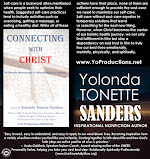


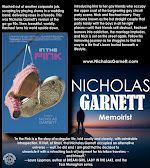


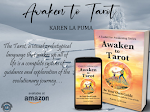
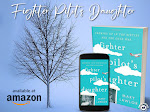
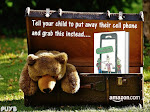



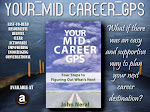
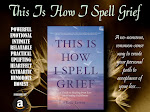
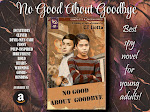

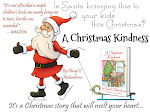
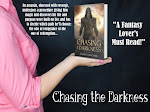
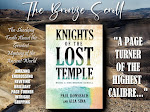


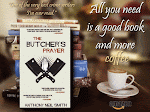
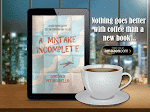
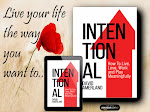
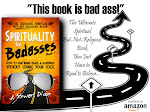

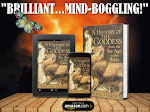

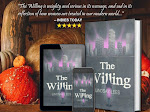
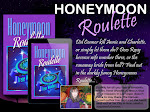
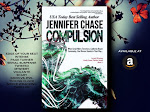
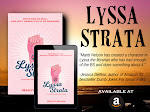
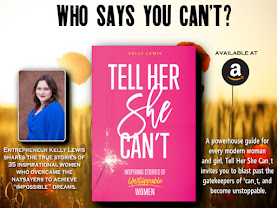










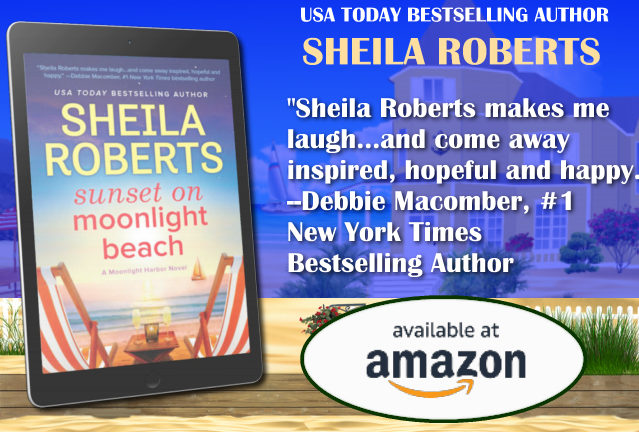



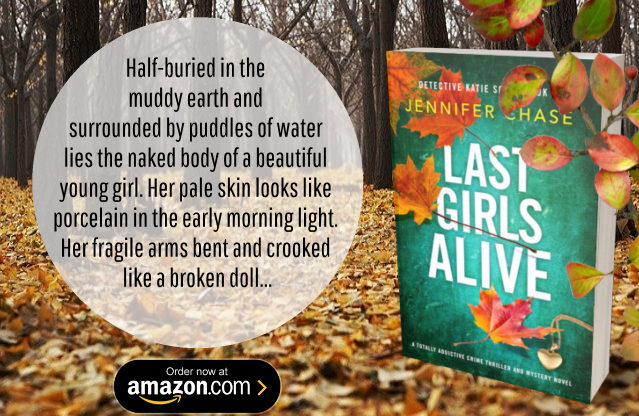
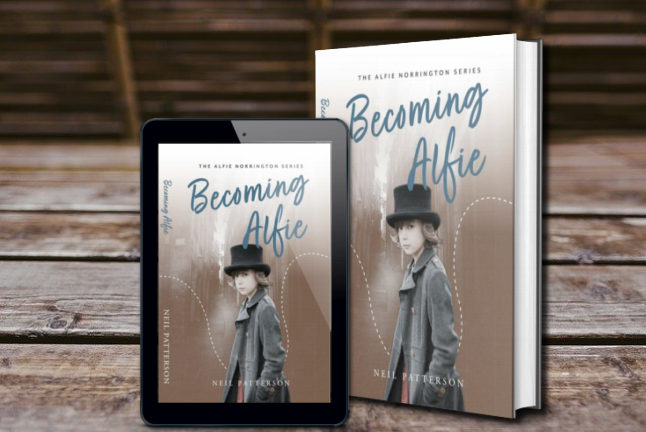
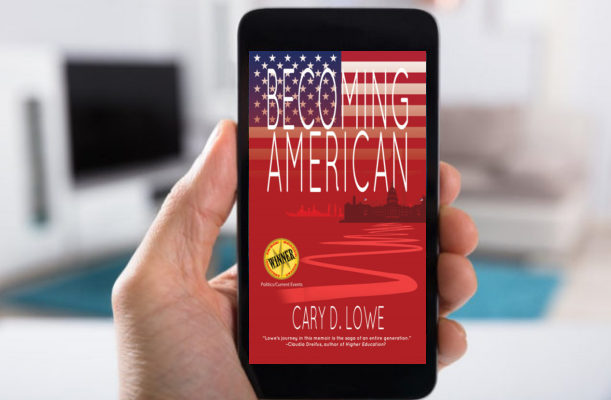

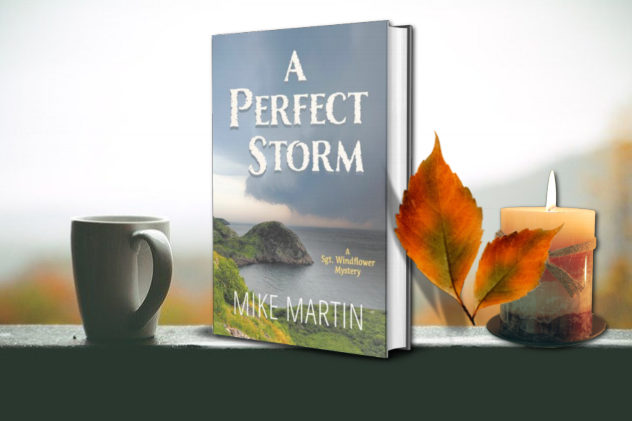
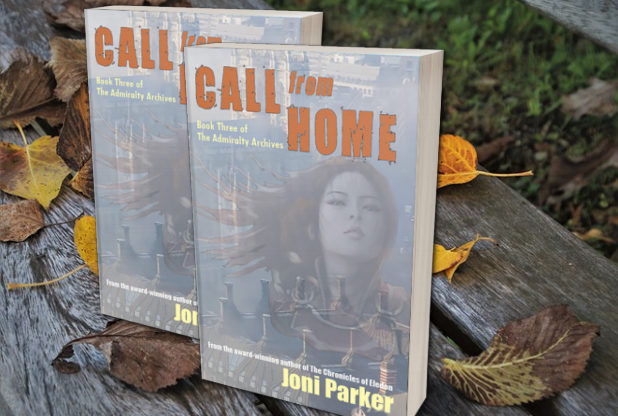
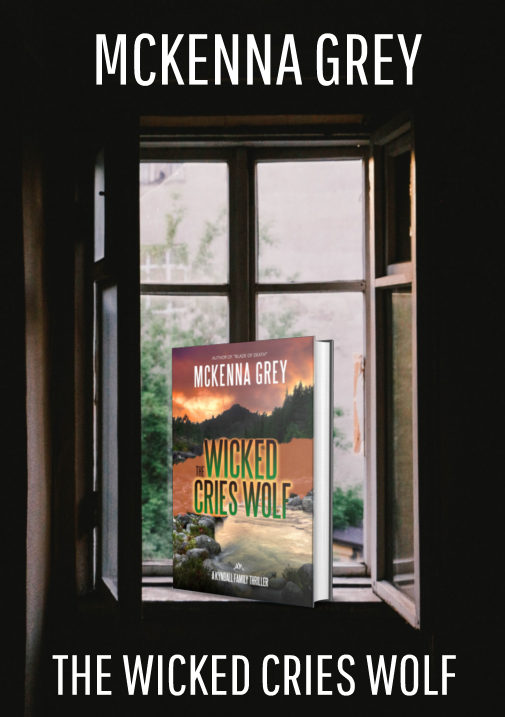


Welcome to The Writer's Life, Jennie!
ReplyDelete